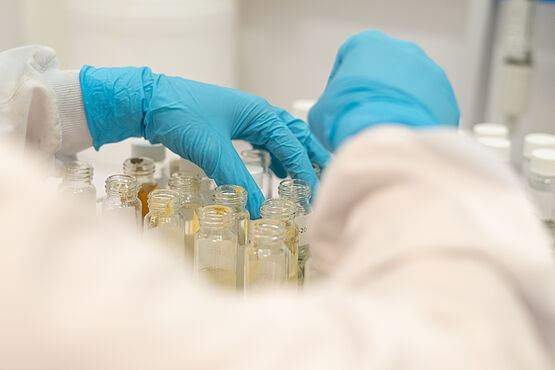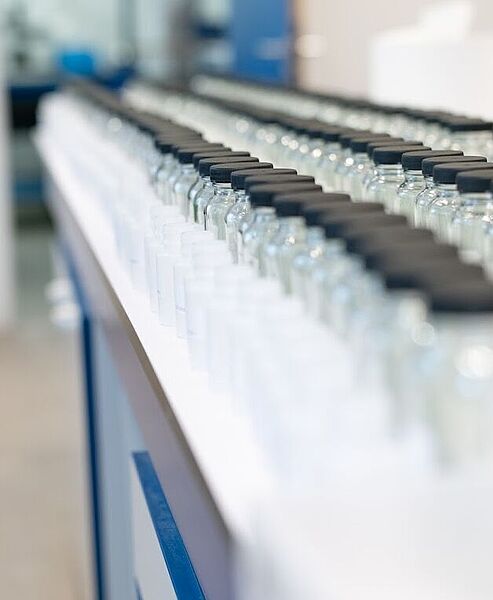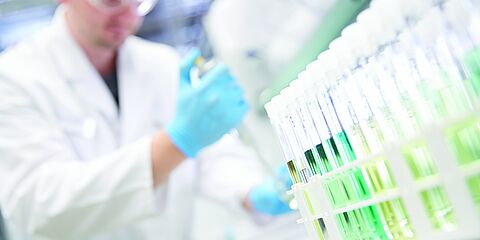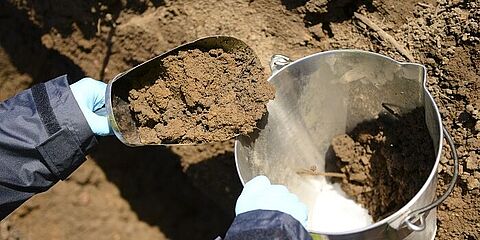Bioaccessibility tests for remediation of polluted sites and soils
Assessing the bioaccessibility of metals (Quantitative Health Risk Assessment, QHRA) can be highly relevant to the remediation of polluted sites and soils. Depending on the results, you may be able to avoid certain clean-up constraints.

What is bioaccessibility?
According to the French Geological Survey (BRGM), the bioaccessibility of a pollutant present in a sample matrix is "the fraction released in human gastrointestinal juices and therefore available for absorption". In other words, it's a question of finding out to what extent a pollutant may or may not be accessible to a human organism.
Bioaccessibility tests - Why carry them out?
To find out which part of a substance is "bioavailable", and therefore can actually be absorbed by human organisms.
When a soil is polluted by one or more substances (heavy metals, for example), the RSQA assumes that all these potentially ingested substances will be absorbed by the human organism. However, only a fraction of these contaminants are said to be "bioavailable", i.e. able to cross biological barriers and reach the organs.
Oral bioaccessibility tests provide a more realistic assessment of the health risk posed by soil polluted with heavy metals.

What is the added value of bioaccessibility tests?
If the regulatory analysis shows the presence of heavy metals in the soil, and depending on the construction project, this may mean that remediation is necessary. By incorporating bioaccessibility tests, this verdict can be changed and major clean-up costs can be avoided.
Bioaccessibility tests performed by WESSLING
WESSLING is the first and only French laboratory to be accredited by COFRAC* to carry out these tests in accordance with standard NF ISO 17924 (formerly known as the UBM "Unified Barge Method" test). We are also involved in a multi-partner research project to bring a simpler, faster analytical method for bioaccessibility tests up to ISO standard.
We carry out all regulatory analyses in French SSP at our laboratory in Isère.
*Accreditation no. 1-1364, scope available at www.cofrac.fr




